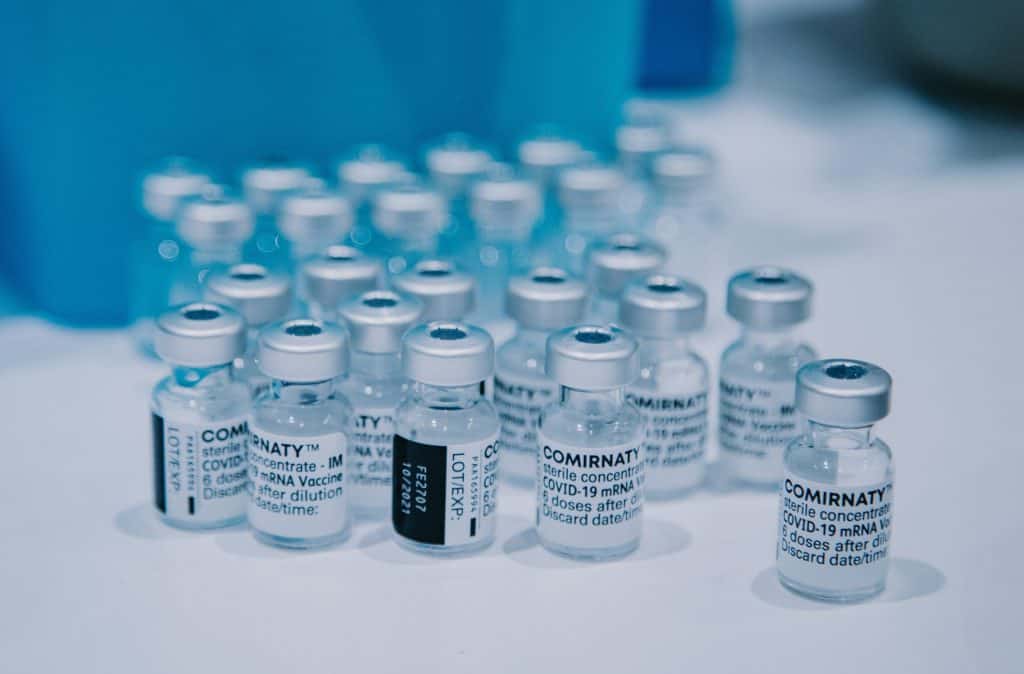
FDA issues update around changes to COVID-19 vaccines’ EUAs
pharmafile | April 19, 2023 | News story | Medical Communications |
The FDA has announced its amendment of the emergency use authorisations (EUAs) for the Moderna and Pfizer-BioNTech COVID-19 bivalent mRNA vaccines in an attempt to simplify the vaccination programme.
These amendments mean that:
- Most people who have previously been vaccinated with a monovalent COVID-19 vaccine and haven’t yet had a bivalent dose may now receive one;
- Most people who have had one dose of the bivalent vaccine are not currently eligible for another dose; people over 65 who have had one bivalent vaccine dose may receive another at least four months after their initial dose;
- Most immunocompromised people who have had one bivalent dose may get another at least two months after their initial dose, with additional doses administered at the discretion of their healthcare providers;
- Unvaccinated people may receive a single bivalent vaccine dose;
- Children from six months to five years who are unvaccinated may receive a two-dose series of the Moderna bivalent vaccine or a three-dose series of the Pfizer-BioNTech vaccine;
- Children from six months to five years who have had one to three monovalent COVID-19 vaccines may receive a bivalent vaccine depending on vaccine history.
Peter Marks, MD PhD, director of the FDA’s Center for Biologics Evaluation and Research, commented: “At this stage of the pandemic, data support simplifying the use of the authorised mRNA bivalent COVID-19 vaccines and the agency believes that this approach will help encourage further vaccination. Evidence is now available that most of the US population five years of age and older has antibodies to SARS-CoV-2, the virus that causes COVID-19, either from vaccination or infection that can serve as a foundation for the protection provided by the bivalent vaccines. COVID-19 continues to be a very real risk for many people, and we encourage individuals to consider staying current with vaccination, including with a bivalent COVID-19 vaccine. The available data continue to demonstrate that vaccines prevent the most serious outcomes of COVID-19, which are severe illness, hospitalisation and death.”
Betsy Goodfellow








